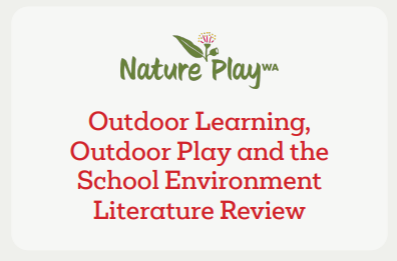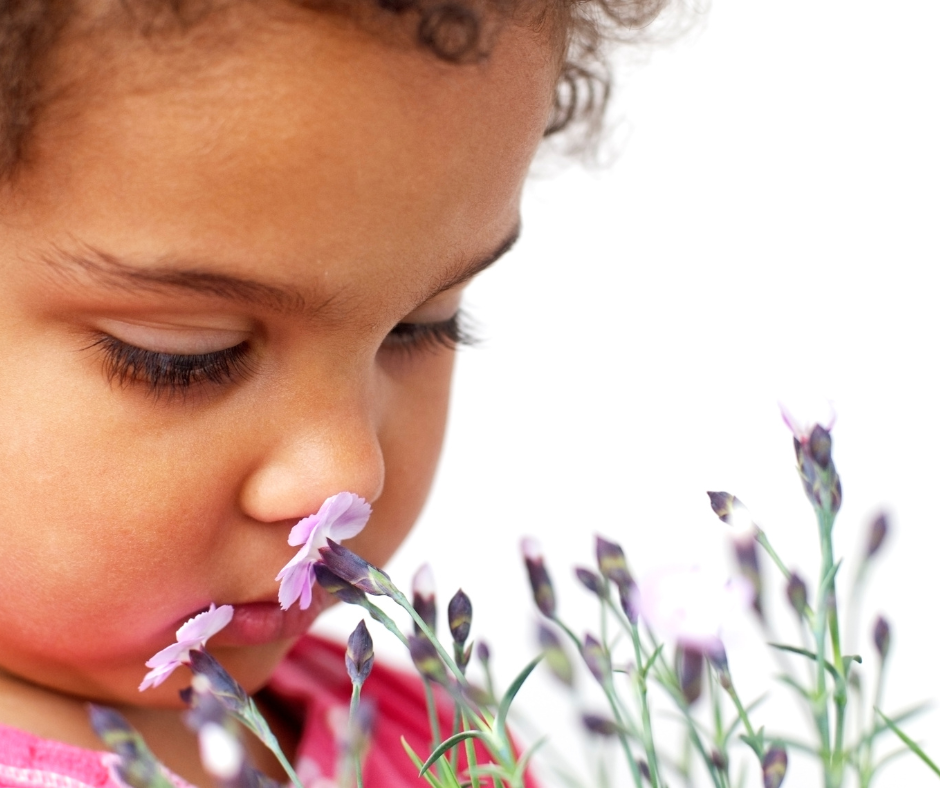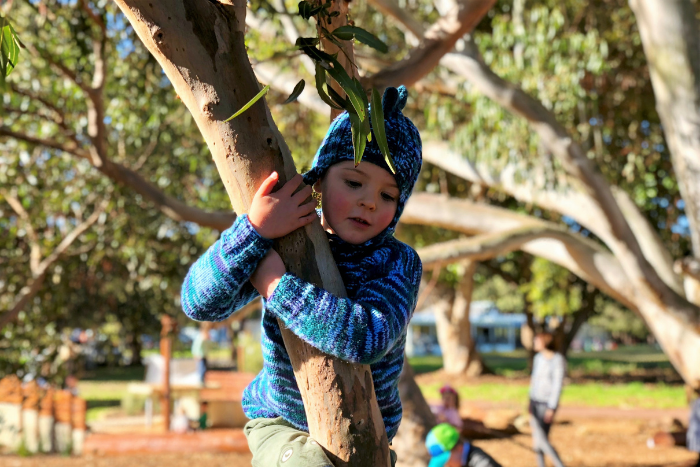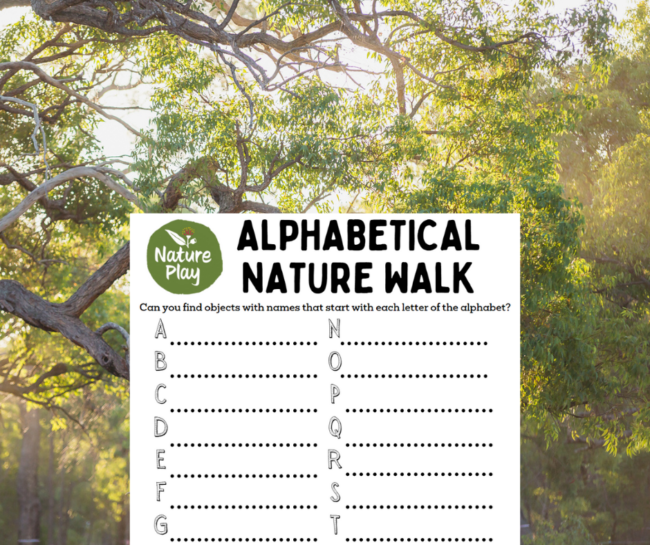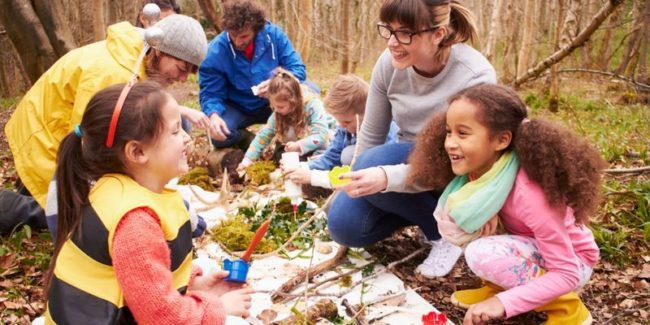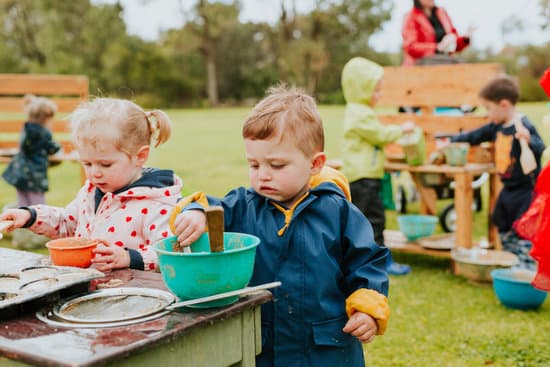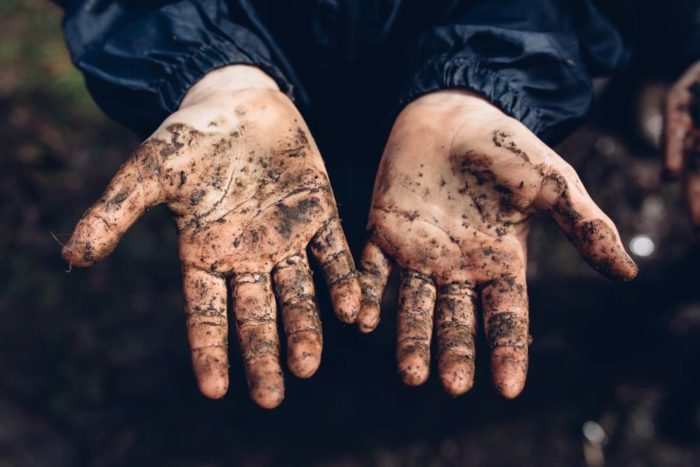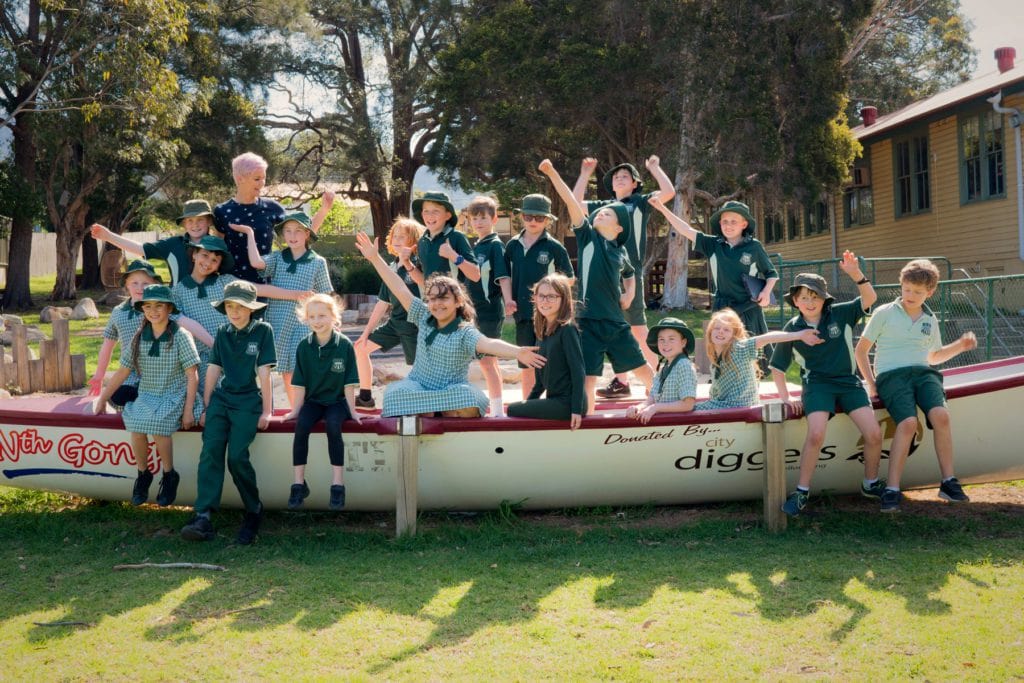Outdoor Learning, Outdoor Play and the School Environment Literature Review
Nature Play WA undertook a comprehensive literature review for the Education Department of WA that considers three critical elements to improving student experience and learning in school settings: outdoor learning, outdoor play and the school environment.
Outdoor Learning, Outdoor Play and the School Environment Literature Review Read More »

